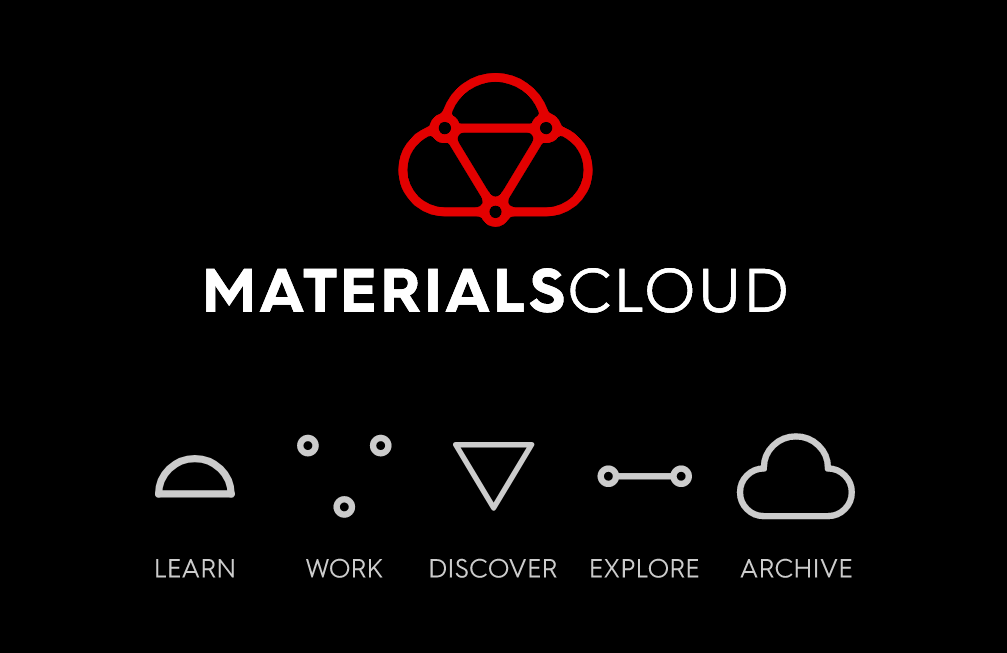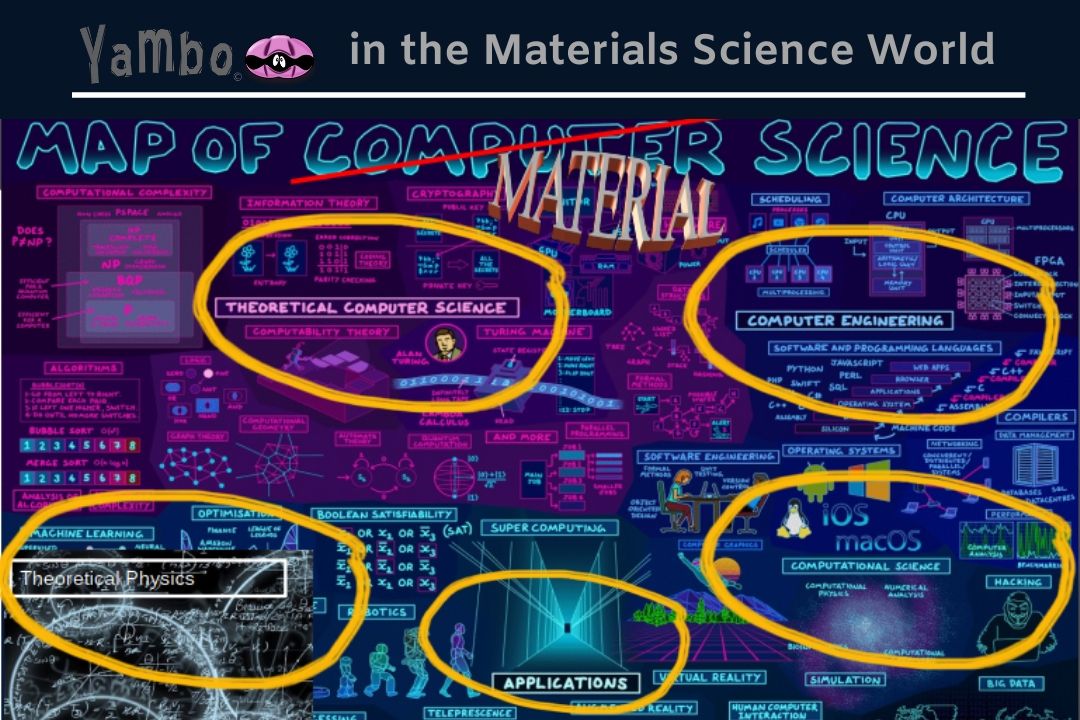AiiDA Webinar - Highlights and Takeaways
Last 27th of May, the second webinar of the MAX series on Flagship codes entitled “Managing, simplifying and disseminating HIgh-Throughput computational materials science with AiiDA, AiiDA lab, and the Materials Cloud Archive” was held, addressing the opportunities and challenges for computational science with respect to how to automate the resources and manage the data that will be produced.
The webinar showcased the main functionalities of the MAX flagship code AiiDA, a tool specifically designed to help its users leverage high-performance computing resources to automate workflows of HPC codes, such as those developed by MAX. As opposed to all other flagship codes, AiiDA itself is not a simulation software, but instead a workflow and data management tool, providing the following takeaways:
-
How it can be used to automate workflows that directly employ other MAX flagship codes, such as Quantum ESPRESSO,
-
How AiiDA lab provides a user-friendly GUI to the workflows even for non-experts, and
-
How the resulting data can easily be published through the Materials Cloud Archive.
The webinar was moderated by Giovanni Pizzi, Project Leader and currently a senior researcher in the group of Nicola Marzari at EPFL, who provided an exhaustive overview of the topic and its goal to push open science, reproducible science and FAIR sharing of research data.
The first key speaker was Dr Sebatiaan Huber, one of the main developers and PhD Researcher working on the AiiDA informatics platform at EPFL, who provided a short introduction to AiiDA and how the recent release AiiDA 1.0 comes with many performance improvements in the workflow engine and database in order to support High-Throughput computational loads and various mechanisms that allow its users to make optimal use of current and future powerful HPC resources.
The second speaker was Dr Aliksandr Yakutovich, leading the development of the AiiDA lab platform at EPFL, who presented the turn-key solutions with AiiDA lab, a GUI solution on the cloud that makes these workflows running and analysing the results easy and intuitive (even for non-experts).
The final presentation was given by Dr Valeria Granata, Software developer working on the development of the Materials Cloud Archive at EPFL. She presented the newly-engineered Archive of the Materials Cloud, which was unveiled during the webinar, a purpose-built tool which serves as a dissemination platform to be leveraged to easily publish data generated through AiiDA.
Key takeaways
Out of a total of 131 attendees, 69% came from educational institutions, 13% from industrial and academic and 7% in large scale experimental facilities. See the figure for the complete participants' distribution according to stakeholder groups coming from 38 different countries around the globe.

During the webinar, some live poll-questions were posed to the audience to better understand the participants’ average engagement and familiarity both with AiiDA and MaX features in general. The following graphs display the main outcomes pulled out from the short surveys:
Poll question 1:
Poll question 2 and 3:

Poll question 4 and 5:

Poll question 6 and 7:

The webinar pointed out some technical takeaways and suggestions for the audience that came up during the presentations.
AiiDA:
- Allows high-throughput automated calculations on normal computational or HPC infrastructure, and you can also use this to run GUI in your work station or your laptop,
- Provides reproducible and robust-workflows with automated error-handling,
- Provides automated tracking of full data and workflow provenance,
- Includes queryable database for high-performance data analytics.
SIRIUS:
- Domain-specific library for plane-wave electronic structure codes,
- Interface to Quantum ESPRESSO,
- The negligible difference in total energies, forces and stress compared to normal QE,
- Average speed-up of factor 6.
AiiDA lab:
- Provides an environment where people with different expertise can collaborate on a common computational project,
- Can directly exchange the simulation results in an appropriate format, boosting know-how transfer, and
- Allows to easily build powerful tools by combining compact well-defined components.
Material Cloud Archive
- Recommended by Nature’s journal Scientific Data, by FAIRSharing.org, and listed in RE3DATA.org,
-
Metadata indexed by Google Dataset search and EUDAT B2FIND
If you missed the MaX webinar on AiiDA code, click here to watch the recorded webinar and download the speakers’ slides.



